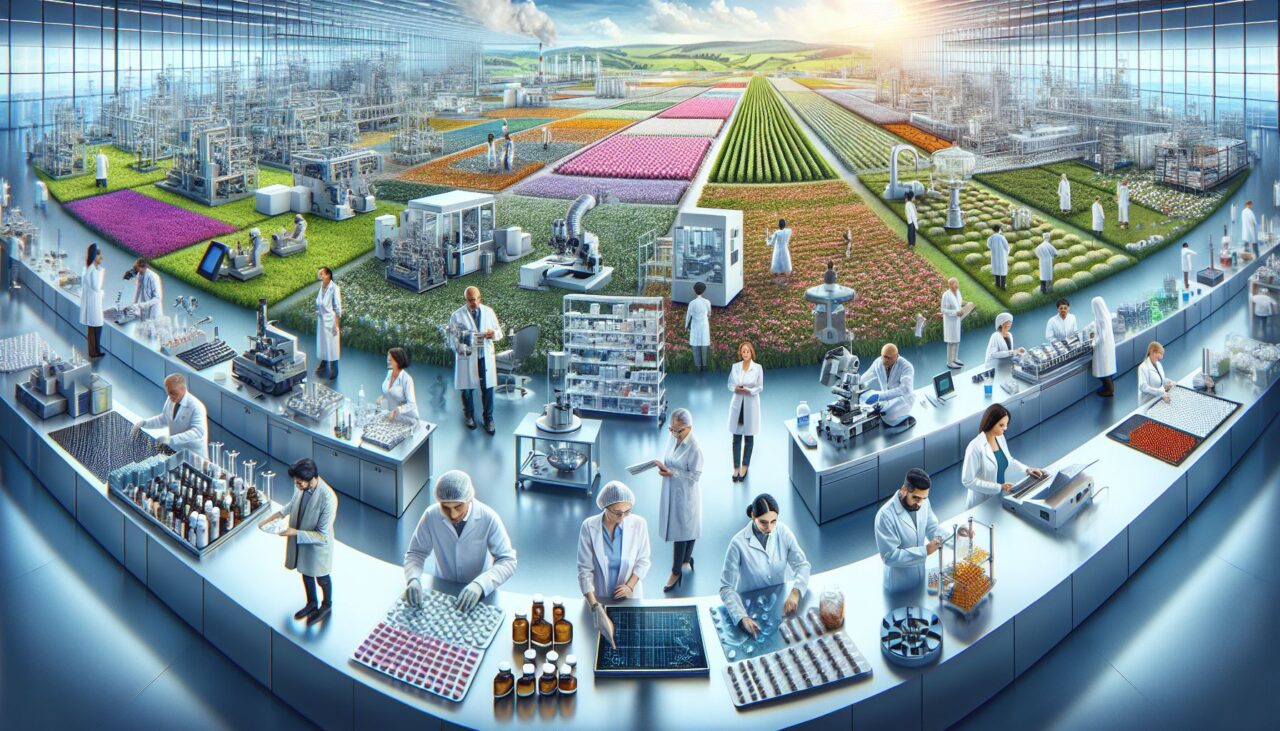The pharmaceutical industry plays a pivotal role in enhancing and prolonging human life. From developing life-saving drugs to ensuring their accessibility and affordability, pharmaceutical companies have been at the forefront of medical advancements. Today, let’s dive into the fascinating world of pharmaceuticals and how they impact our lives.
The Introduction:
Pharmaceuticals represent a vast and complex industry focused on the research, development, production, and distribution of drugs and medications. These drugs can range from simple analgesics to treat minor discomforts to complex, targeted therapies that combat life-threatening diseases. Amidst a rapidly evolving medical landscape, their significance cannot be overstated.
The Many Facets of the Pharmaceutical Industry:
The pharmaceutical industry encompasses numerous sectors, each playing a crucial role in the overall process of bringing a drug to market. Research and development teams work diligently to discover new compounds, test their effectiveness, and ensure their safety prior to approval by regulatory authorities. These innovations may then move into the production phase, where large-scale manufacturing facilities ensure the steady supply of medications. Simultaneously, clinical trials are conducted to evaluate the drug’s efficacy and side effects in real-world scenarios.
Balancing Innovation and Regulation:
While innovation is vital for progress, it must be accompanied by rigorous regulation to ensure patient safety. Government bodies, such as the Food and Drug Administration (FDA) in the United States, play a crucial role in safeguarding public health by evaluating and approving new drugs. Stringent guidelines and protocols are in place to ensure that pharmaceutical companies adhere to ethical practices, maintain quality control, and act responsibly towards patients and the environment.
The Global Impact:
Pharmaceuticals not only benefit individuals but also have a profound impact on public health globally. Vaccines help eradicate diseases, prescription drugs manage chronic conditions, and antibiotics combat life-threatening infections. Moreover, pharmaceutical companies often engage in corporate social responsibility initiatives, providing medication and healthcare solutions to underserved communities and developing countries.
Challenges and Future Prospects:
The pharmaceutical industry faces several challenges as it strives to make a positive impact on society. One of the key concerns is ensuring the accessibility and affordability of medications. The high cost of drug development, coupled with the need to recoup investments, often leads to expensive treatments, limiting access for some patients. Striking a balance between profit-making and public health remains a topic of debate.
Additionally, the rising prevalence of chronic diseases, such as diabetes and cardiovascular conditions, necessitates continuous innovation and research. The advent of precision medicine and personalized therapies offers hope for more targeted and effective treatments, leading to improved patient outcomes. The future of pharmaceuticals lies in advanced technologies, data analysis, and collaboration between different scientific disciplines.
In Conclusion:
The pharmaceutical world is a dynamic and ever-expanding field that profoundly impacts human health and wellbeing. From groundbreaking research to manufacturing and distribution, pharmaceutical companies strive to enhance the quality of life for individuals around the globe. While challenges persist, the tireless efforts of scientists, researchers, and healthcare professionals continue to pave the way for a healthier future. Pharmaceutical advancements undoubtedly hold the key to overcoming current and future medical challenges, underlining the industry’s indispensable role in shaping the world.
